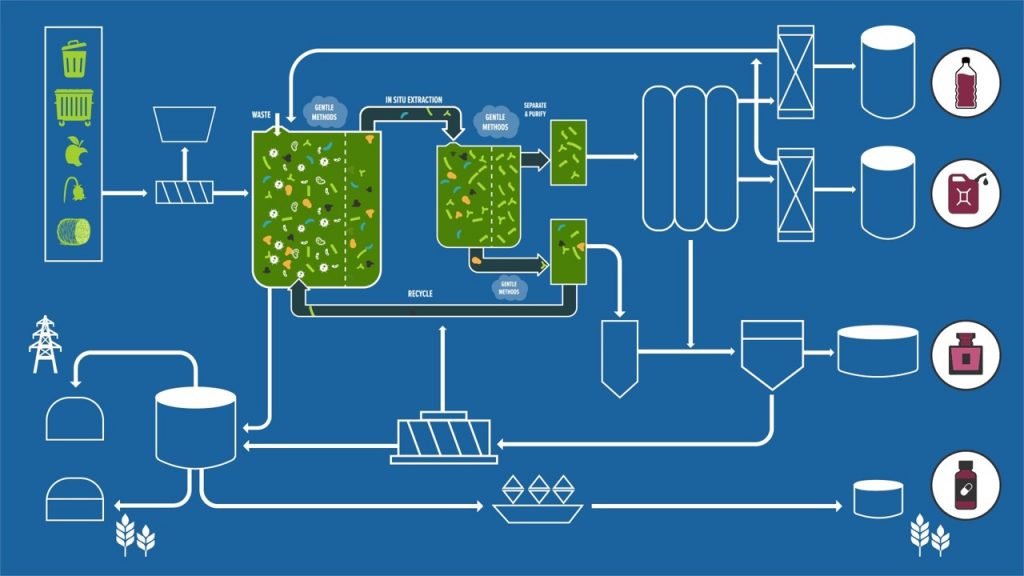A recent piece in the Insights section of CIWM’s Circular Online journal has the intriguing title, Does the Circular Economy give you the ick?
The article, by Trewin Restorick of Sizzle Innovation, makes the point that while many sources talk up public enthusiasm for the circular economy, there is genuine barrier in terms of public acceptance of recovered materials – no matter how well processed and regulated. Examples provided include reactions to a waste-based, peat-free compost product – and further evidence from a joint study by the British Standards Institute and the Cambridge Institute for Sustainable Leadership. The article goes on to mention factors such as contamination, poor public understanding of circularity and the need for clear policy and standards to give investors and the public more confidence.
Sigrid Kusch and Yue Zhang of EBNet’s Anaerobic Fermentation WG, who took part in the WG’s January workshop, agree on the importance of this point for the circular bioeconomy: “It’s not just a question of the need to guarantee that products are free of contamination and safe to use; but also how to address issues of public perception. Sourcing feedstocks from wastes is a central pillar of sustainable biorefinery production, and this obstacle urgently needs addressing”.
The biorefinery concept is illustrated in the AF WG’s animation: and perhaps if the public understood more clearly that ‘wastes’ are often disassembled into their chemical components in these processes, and just how many steps are involved between feedstock and product, they would feel happier about these products. So publicising how it works is a valuable contribution…
The Insights piece is available here, with links to related items.
Circular Online is a news and insights resource for sustainability professionals working in resources and waste, which allows readers to:
- Keep up to date with current sector news
- Browse topics such as waste policy, the circular economy and resource efficiency
- Explore insights from the sector’s thought-leaders
CIWM members also have free access to the journal’s digital archives.
For more information, including Contributor Guidelines, see here.



